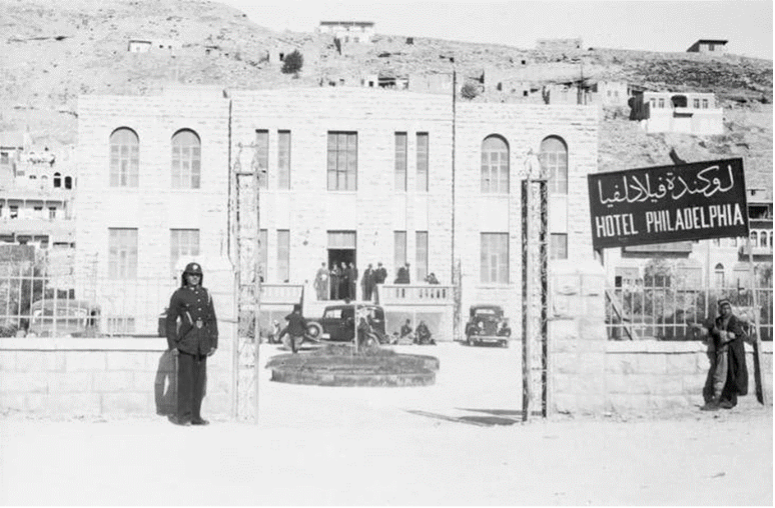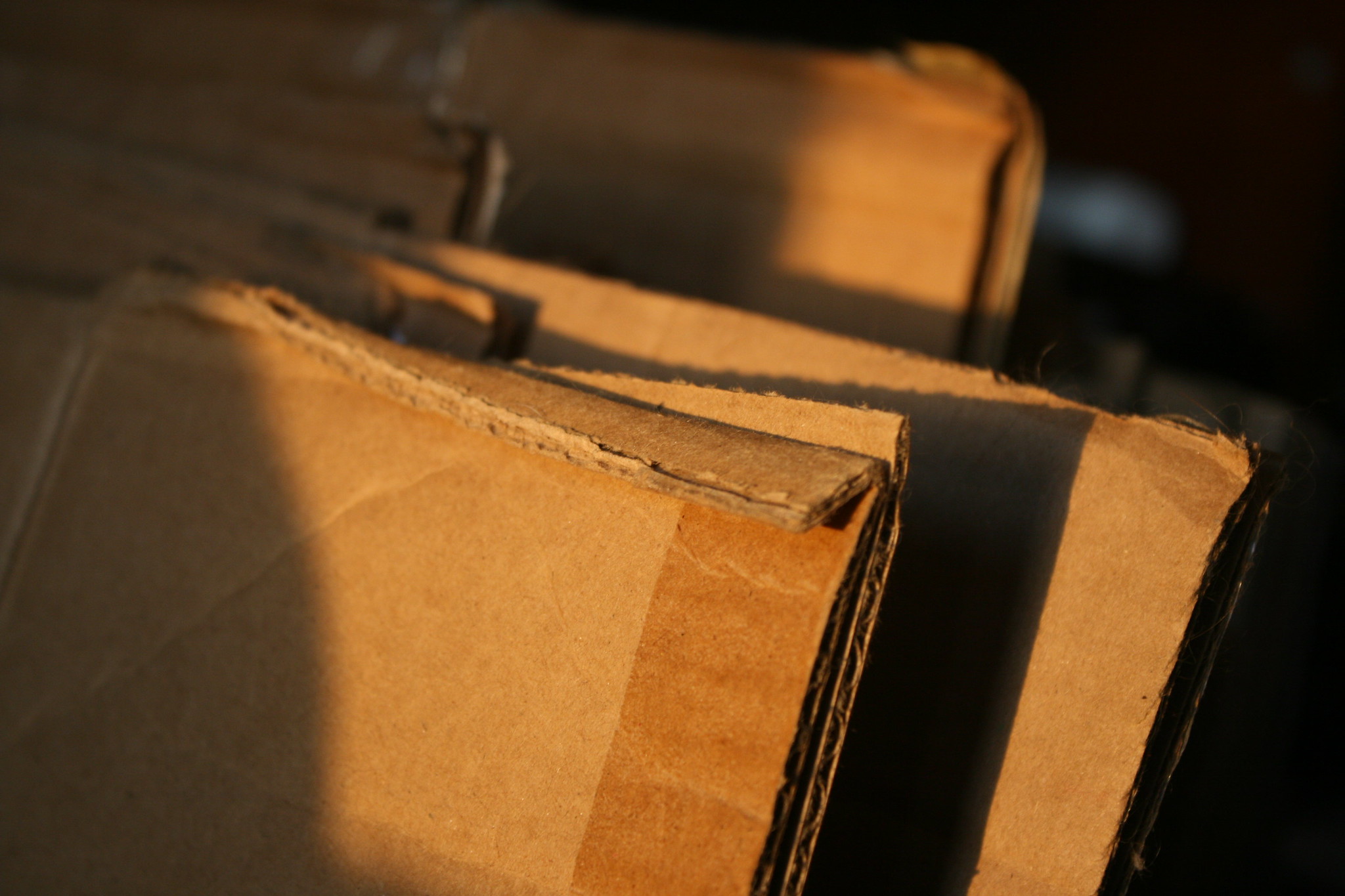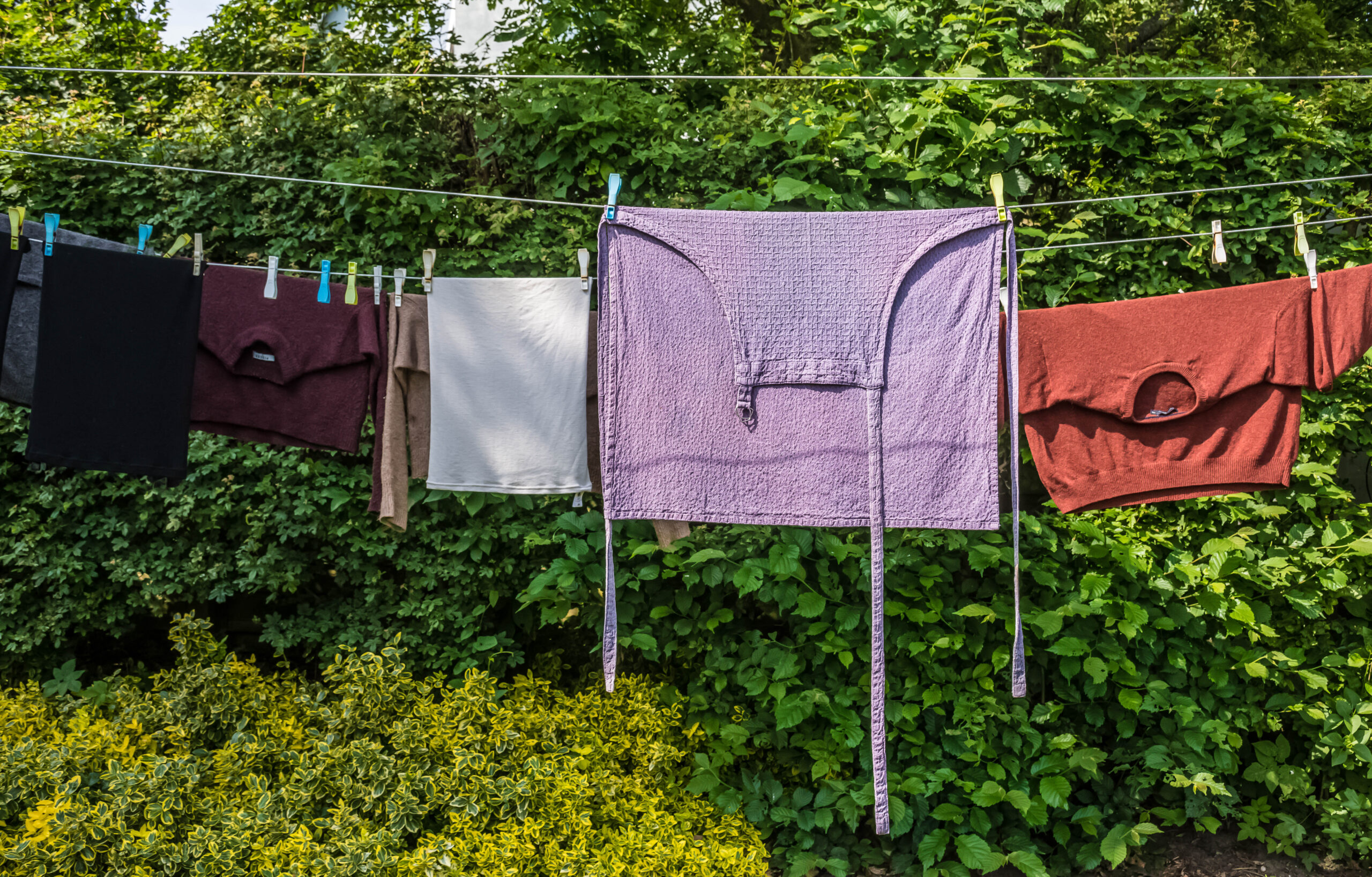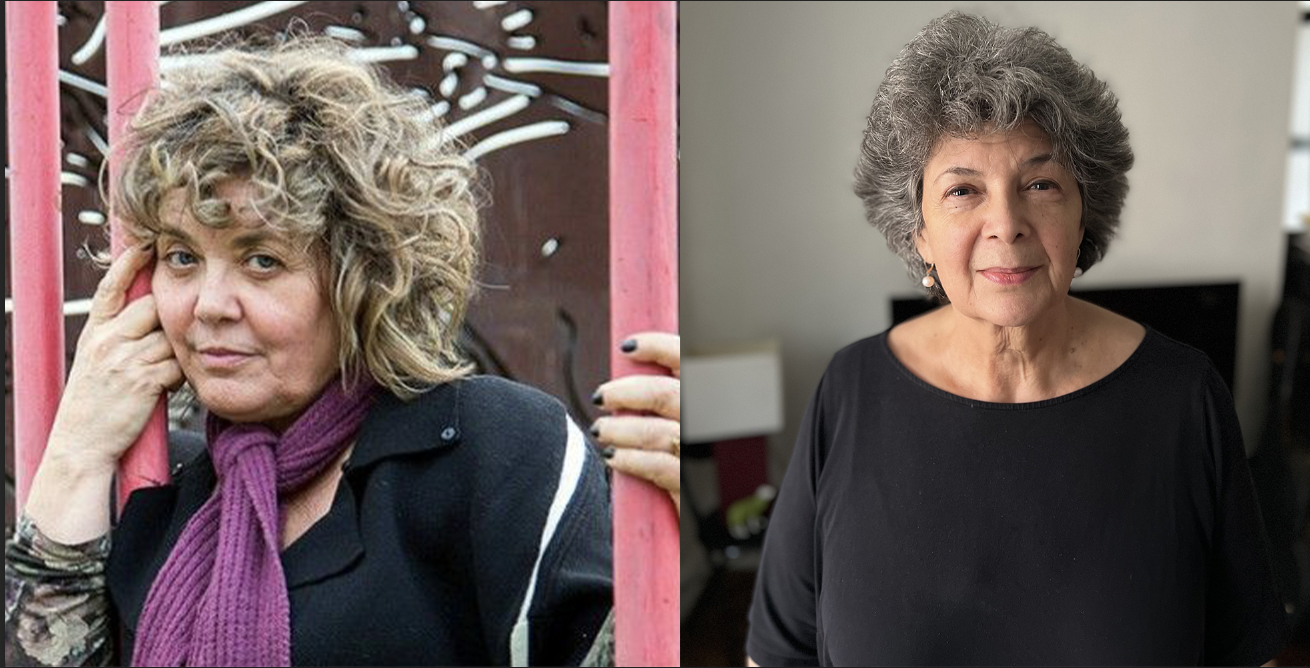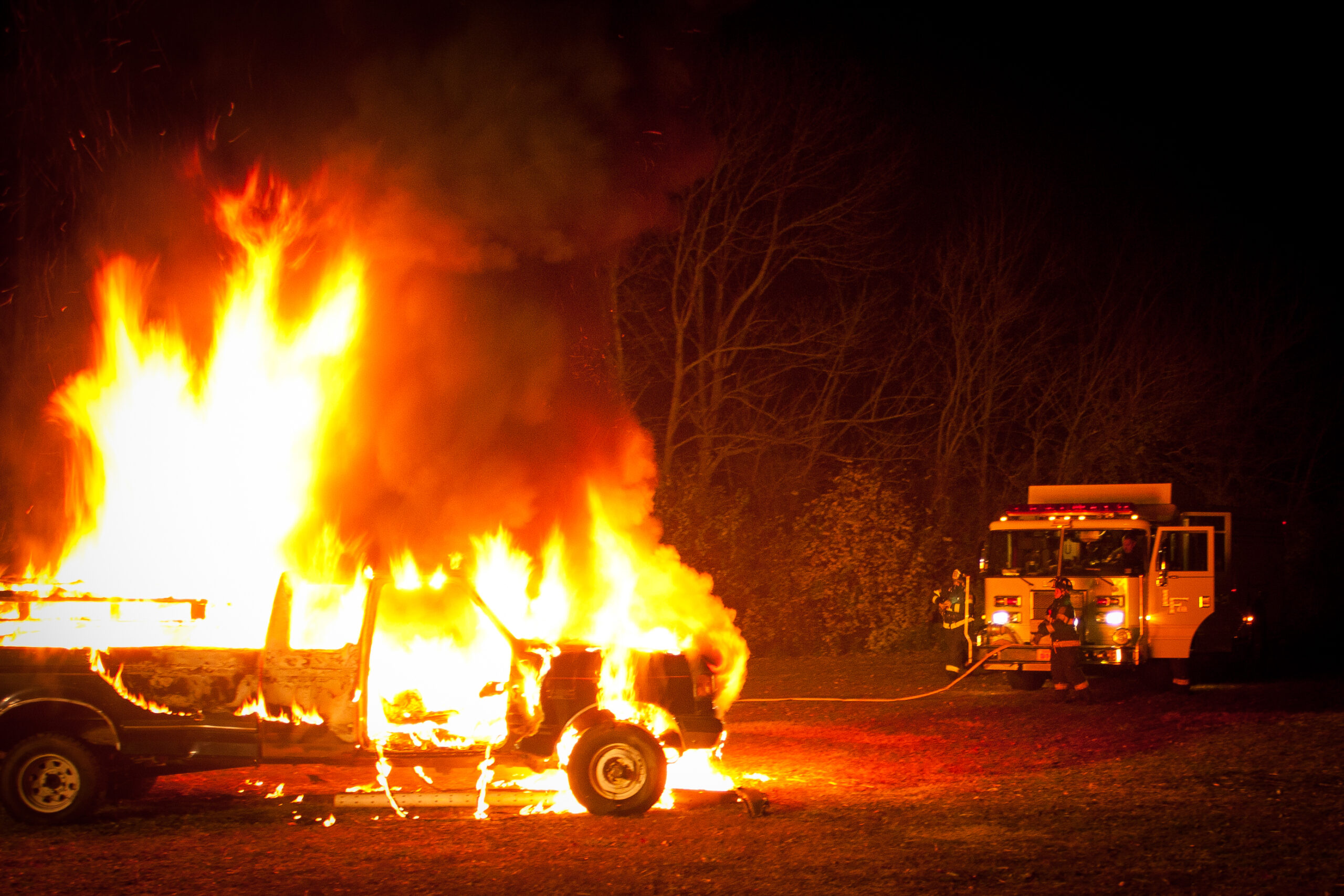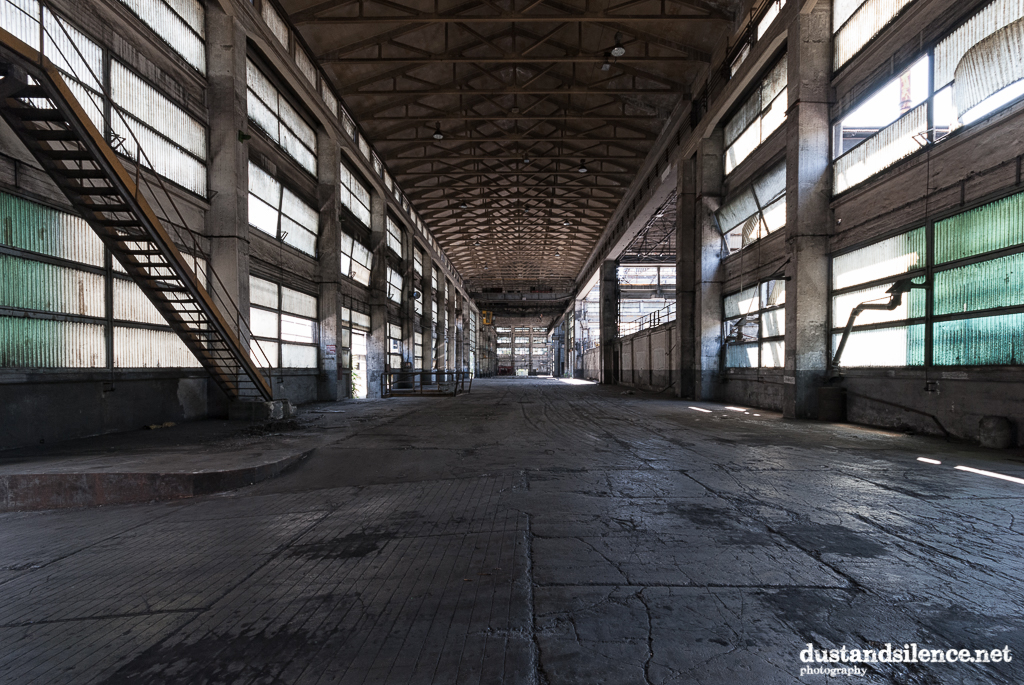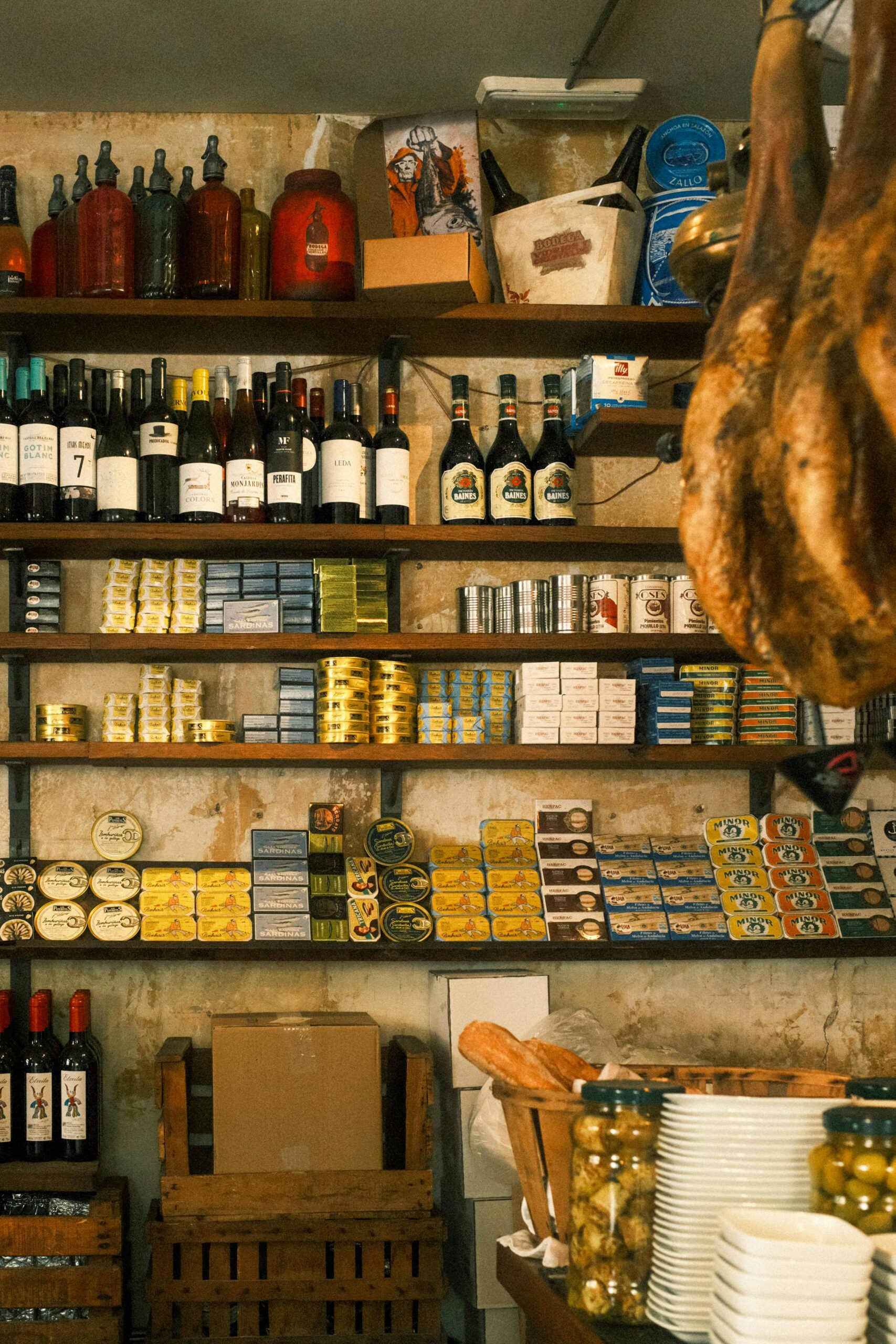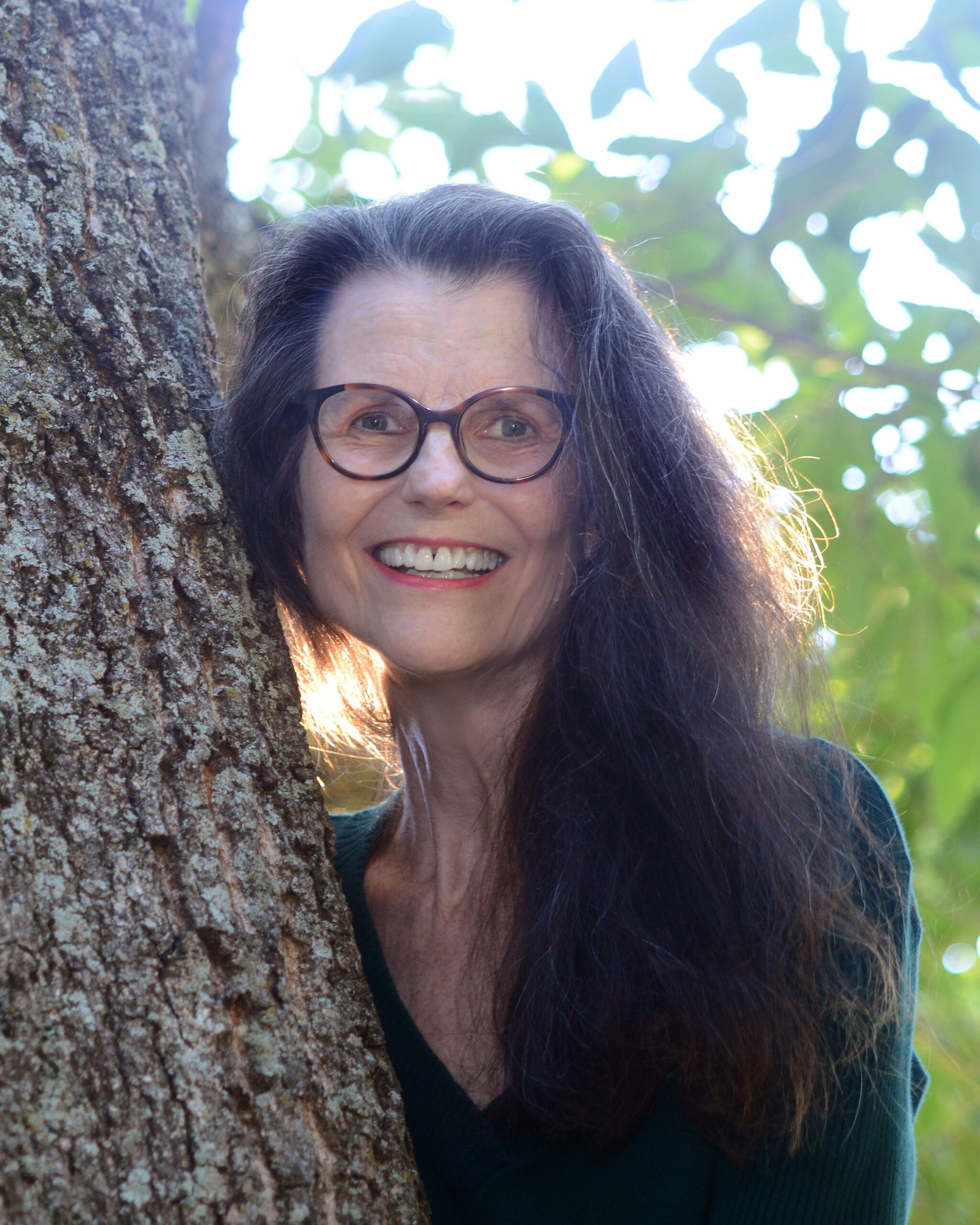By KHALED SAMEH
Translated by WIAM EL-TAMAMI
1.
As I sit here in the Hashemite Plaza, I am surrounded by noise—visual, auditory—coming at me from all directions. This grand forum attached to the Roman Theatre has now become a breathing space for hundreds of thousands of residents of East Amman and the surrounding governorates. Some come here for recreational reasons, to get together, or to make a living. There are many other reasons why people come to this square, reasons that are not unique to Amman and that are found in most cities around the world. There are pimps and sex workers (heterosexual and homosexual); children being exploited in different ways; dealers of hashish and other drugs—along with various other things that Ammanis would include in their long list of taboo topics.
